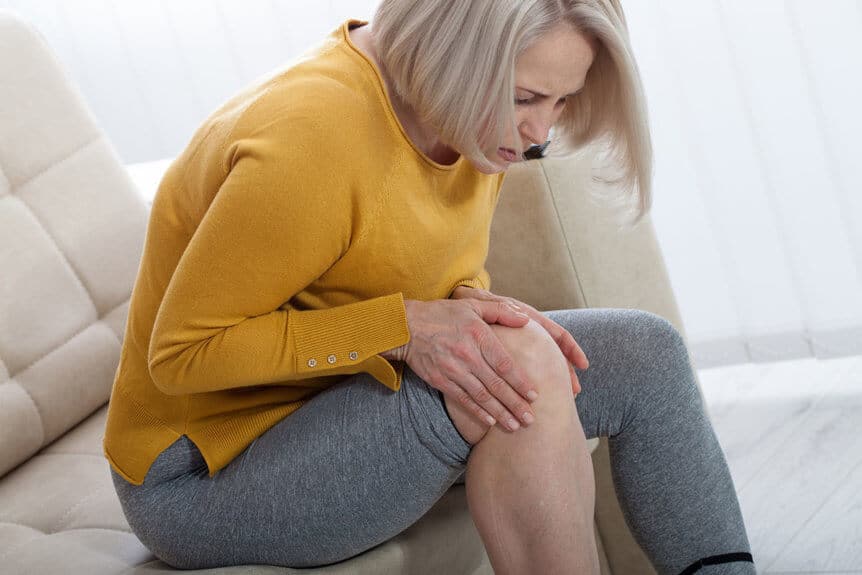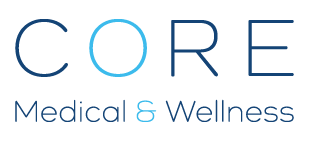
Understanding Venous Insufficiency
Share this Post
In a healthy system, arteries transport blood from the heart to the rest of the body, while veins return blood back to the heart for oxygenation. Normally, valves in those veins open and close to keep blood flowing in a single direction. For those with venous insufficiency, however, blood has difficulty returning to the heart, causing blood to pool and stagnate in a single area.
Causes of Venous Insufficiency
In most cases, venous insufficiency is usually caused by blood clots and varicose veins, even if they are previous cases that have since been fixed. When a blood clot occurs, blood is obstructed from reaching the heart, causing it to build up beneath the clot and causing venous insufficiency. For those suffering from varicose veins, the valves that control blood flow are either damaged or missing altogether, causing leakage back down the vein and resulting in venous insufficiency.
Risk Factors of Venous Insufficiency
Although women are more likely to develop venous insufficiency than men, it can affect anyone. Those over the age of 50 are also more at-risk, as the body begins to deteriorate and veins aren’t as capable of keeping blood flowing. Other risk factors may include:
- Obesity. Undue pressure on the legs resulting from obesity puts more stress on the veins that carry blood back to your heart.
- Pregnancy. Although extra weight from an expected baby may also put weight on your legs and veins, the main reason pregnancy increases a woman’s likelihood of developing venous insufficiency is that blood volume increases by nearly half to account for the fetus. This extra blood makes the heart, and your veins, work harder than ever. Nearly a quarter of all women develop venous insufficiency while pregnant.
- Smoking. While already dangerous to your lungs and overall health, smoking also thins the walls of your veins.
- Injury. Trauma to your muscles or legs may also damage your veins, causing venous insufficiency.
- Sedentary Lifestyles. Those who sit down for long periods of time or lay in bed all day without moving may eventually develop venous insufficiency as the leg muscles begin to deteriorate.
- Family History. Perhaps the most at-risk are those whose families have previously been diagnosed with venous insufficiency. Certain genetic make-ups may make you more susceptible to developing the condition.
Venous Insufficiency Symptoms
If you are suffering from venous insufficiency, you may notice a variety of symptoms. These include, but are not limited to:
- Swelling
- Cramps
- Pain, aches, or throbbing
- Difficulty standing
- Itching
- Pale, yellow, or purple skin
- Varicose or spider veins
Diagnosing Venous Insufficiency
To diagnose venous insufficiency, your doctor may perform a physical examination, or order imaging tests such as a venogram. As a part of the venogram, a contrast dye will be injected into your veins, allowing your doctor to more clearly pinpoint the exact location affected by venous insufficiency. A duplex ultrasound may also be used, in which sound waves are bounced back to a small device to produce an image of your veins and the flow of blood in them.
Treating Venous Insufficiency
The most common treatment for venous insufficiency are compression stockings that put pressure on your lower leg and ankle. This increases blood flow, alleviating symptoms and reducing swelling. Other treatments may include simple lifestyle changes, such as regular exercise or visits to a physical therapist, medications called anticoagulants that thin out blood, or surgery. Although this can generally be performed with a laser, in more extreme cases the vein may need to be repaired or removed altogether.
For more information on how CORE Medical & Wellness can help treat your venous insufficiency, or to learn about our many vein services, visit https://coremedicalwellness.com/services/vein-treatment-center/.
Ready to Get Started?
If you suffer from venous insufficiency and are in need of help from an experienced vein specialist, contact CORE Medical & Wellness today at 888-521-0688 to learn more or to schedule your appointment!
Dr. Steven Kim received his B.A. in biochemistry from Cornell University, then completed his M.S. from Columbia University and his M.D. from the State University of New York Downstate Medical Center. Dr. Kim specializes in the treatment of varicose veins and vein disease. Read his full bio here.
